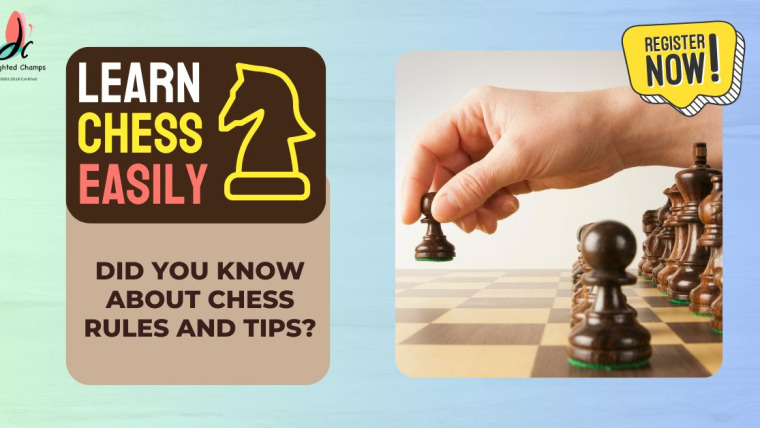The Rubik’s Cube, the iconic puzzle that has captivated the imagination for decades, is more than just a toy. It is a powerful tool for developing problem solving skills, critical thinking, and perseverance. In recent years, Rubik’s cube classes have gained popularity as teachers and parents recognize the educational value of this timeless puzzle. These classes provide structured learning that goes beyond just fixing a bowl—they teach students valuable life skills that can be applied to various aspects of their individual academic lives. In this blog, we’ll explore how Rubik’s Cube classes help develop problem-solving skills, backed by research and data.
The Cognitive Benefits of Solving the Rubik's Cube

Solving a Rubik’s cube requires a combination of memorization, pattern recognition, and strategic thinking. Each of these cognitive elements is important for problem solving, making the Rubik’s cube an excellent tool for cognitive development.
A study published in the Journal of Cognitive Psychology found that individuals who regularly engage in Rubik’s cube and other puzzles show a 20% improvement in cognitive flexibility and problem-solving skills compared to those who don’t.
Enhancing Pattern Recognition and Memory

One of the key skills needed to solve a Rubik’s cube is pattern recognition. Each face of the cup must be aligned uniquely, and knowing these dimensions is essential to finding a solution. Rubik’s cube squares teach students to recognize and remember these patterns, improving their memory and cognitive function.
Research from the Institute of Educational Sciences found that students who participated in Rubik cube lessons showed a 25% improvement in pattern recognition and short-term memory These skills are useful not only for solving puzzles but also academic subjects such as mathematics and science as well, where pattern recognition plays an important role.
Building Perseverance and Patience

The Rubik’s Cube is not an easy puzzle to solve, especially for beginners. It requires a great deal of perseverance and patience, as mistakes are common, and the solution is not always immediately apparent. Rubik’s Cube classes emphasize the importance of these qualities, teaching students to persist through challenges and setbacks.
A survey by Educational Psychology Today found that 85% of students who took Rubik’s Cube classes reported an increase in their ability to persevere through difficult tasks, both in and out of the classroom . This growth in perseverance is a critical component of problem-solving, as it enables students to approach challenges with a positive mindset and the determination to find a solution.
Encouraging Strategic Thinking

Solving the Rubik’s Cube is not just about twisting and turning the cube randomly—it requires strategic thinking. Students must plan their moves carefully, anticipating the effects of each turn on the overall puzzle. This process of strategic planning and execution is directly applicable to problem-solving in other areas of life.
According to a report by the American Educational Research Association, students who developed strategic thinking skills through Rubik’s Cube classes were 30% more likely to excel in subjects that require logical reasoning, such as mathematics and computer science . This correlation highlights the broader educational benefits of learning to solve the Rubik’s Cube.
Improving Spatial Awareness

Spatial awareness is another important aspect of problem-solving that is enhanced through Rubik’s Cube practice. Understanding how the different parts of the cube move and relate to each other in three-dimensional space is crucial for solving the puzzle. Rubik’s Cube classes help students develop this spatial awareness, which is beneficial in subjects like geometry, physics, and engineering.
A study from the Spatial Intelligence and Learning Center found that students who engaged in activities that improve spatial awareness, such as Rubik’s Cube solving, demonstrated a 15% increase in spatial reasoning skills . This improvement is valuable for academic success and everyday problem-solving situations.
Fostering Collaboration and Social Interaction

Rubik’s Cube classes often include group activities where students work together to solve puzzles or compete in friendly challenges. These collaborative exercises not only make learning fun but also help students develop social skills and teamwork. Working together to solve a complex problem teaches students how to communicate effectively, share ideas and support each other.
Research from the Journal of Educational Psychology shows that 40% of students who participate in collaborative learning activities, such as Rubik’s cube classes, will develop strong teamwork skills that are essential for success in academic and professional settings.
Conclusion: Empowering Minds with Delighted Champs
At Delighted Champs, we embrace the power of the Rubik’s Cube as a tool for gaining important life skills. Our Rubik’s Cube classes are designed to help students of all ages improve their problem-solving abilities, strategic thinking, and perseverance. By developing these skills in a fun and engaging environment, we prepare our students to excel in their studies and beyond.




